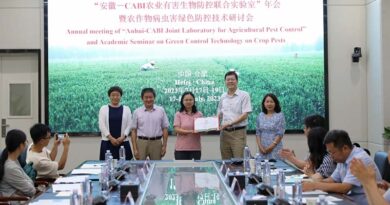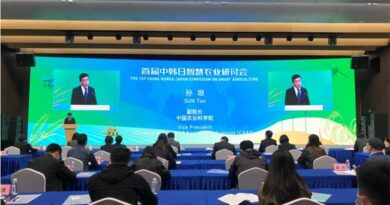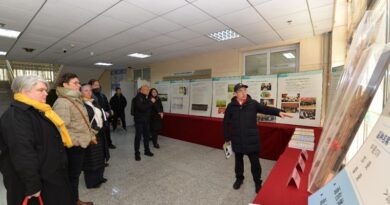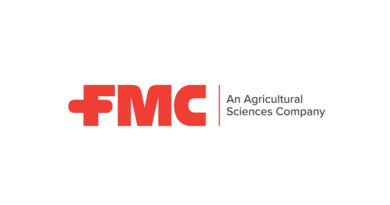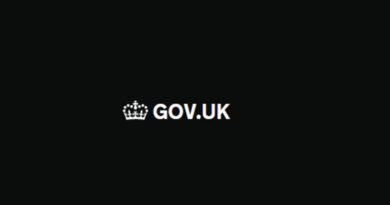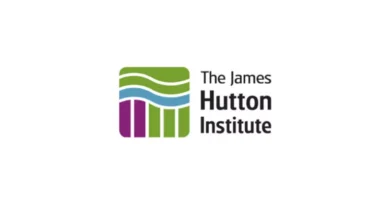MARA-CABI’s Integrated Pest Management course at the Graduate School of CAAS reopens after Covid-19 restrictions
20 April 2022, China: The Graduate School of the Chinese Academy of Agricultural Sciences (GS-CAAS) together with Chinese Ministry of Agriculture and Rural Development MARA–CABI Joint Laboratory in Beijing successfully organized a five-day course on Integrated Pest Management (IPM).
This was the sixth time the course was provided but it was the first course in the 2021/22 academic calendar after break due to Covid-19 restrictions. In total, 25 students and young scientists (8 Chinese, 17 international) were trained remotely online.
Also Read: India targets 3,280 lakh tonnes food grain production in 2022-23
The course was held by Dr Stefan Toepfer who is one of CABI`s master trainers in the area of IPM and the biological control of crop pests. He teaches at the University of Neuchatel in Switzerland, the MATE University of Godollo in Hungary, the Pyongyang Agricultural University, and several national plant protection organisations such as in Zambia or Burundi as part of the global Plantwise programme.
Dr Toepfer is also a visiting professor at the Institute of Plant Protection of Chinese Academy of Agricultural Sciences CAAS. He is also a member of the Chinese Ministry of Agriculture and Rural Development MARA–CABI Joint Laboratory in Beijing, as well as of its international branch, the MARA-CABI European laboratory in Switzerland.
The main objective of the course was to update the students’ skills and knowledge in IPM with a focus on keeping pests below levels that cause economic damage. The course covered IPM topics including the prevention and monitoring of plant health problems such as insect pest, diseases and weeds, as well as their integrated management.
The training considered:
- the ecology of crops, pests, and natural enemies;
- sociological and economic aspects of IPM; and
- international, national and local standards, as well as compliance criteria.
Around two thirds of the course were presented as interactive lectures, with the remaining third of the time spent on exercises. Students took examinations to complete the course and most of the students passed.





